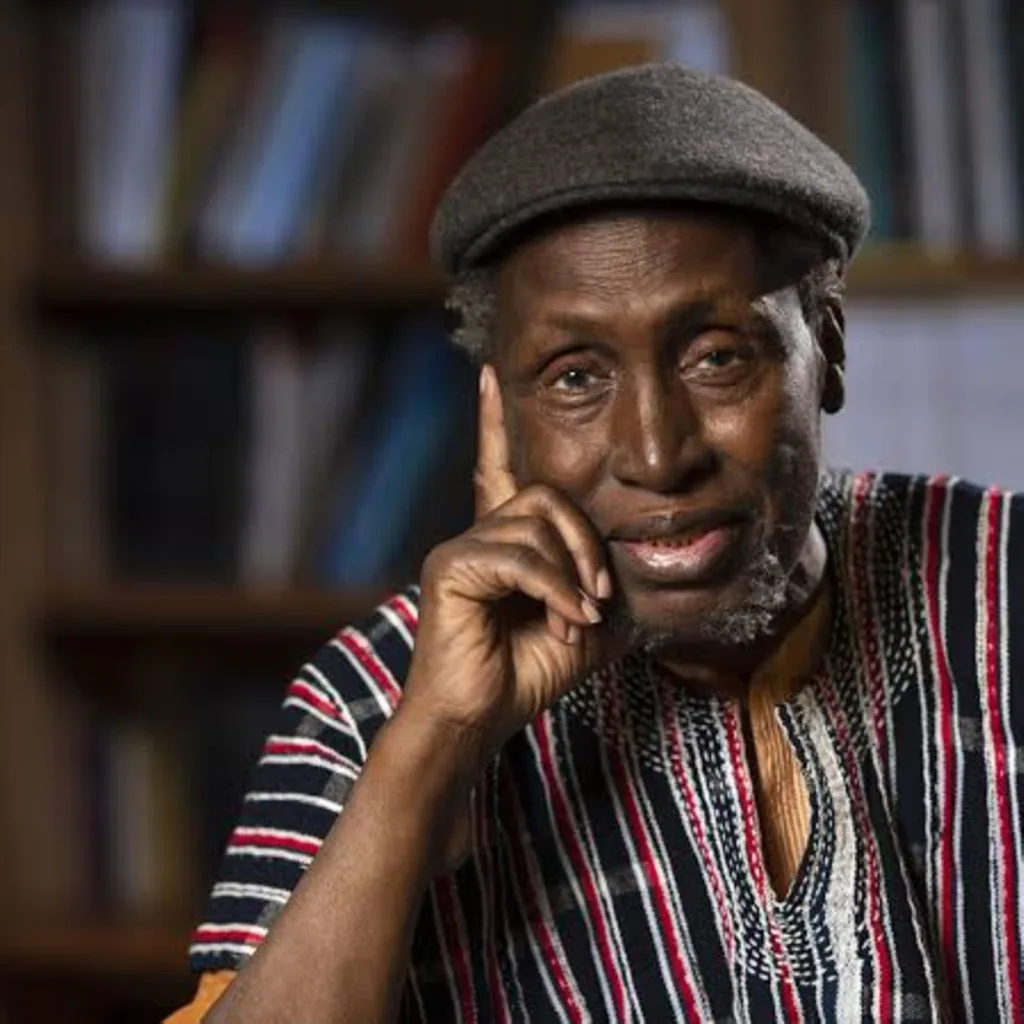Kenyan author Ngugi wa Thiong’o, considered one of East Africa’s greatest literary figures, died on Wednesday, his daughter announced on Facebook. He was 87.
“It is with a heavy heart that we announce the passing of our dad, Ngugi wa Thiong’o this Wednesday morning,” wrote Wanjiku Wa Ngugi.
“He lived a full life, fought a good fight,” she added.
Messages of support and respect quickly poured in for the celebrated author, whose decision to stop writing in English and start using only his native Kikuyu made him a powerful symbol of post-colonial African identity.
“My condolences to the family and friends professor Ngugi wa Thiongo, a renowned literary giant and scholar, a son of the soil and great patriot whose footprints are indelible,” wrote Martha Karua, an opposition leader in Kenya, on X.
In 1977, Ngugi was jailed without charge after the staging of their play “Ngaahika Ndeenda” (“I Will Marry When I Want”), which was considered a harsh critique of post-colonial Kenyan society.
Amnesty International named him a prisoner of conscience, before a global campaign secured his release from Kamiti Maximum Security Prison in December 1978.
“Thank you Mwalimu (teacher) for your freedom writing,” wrote Amnesty International’s Kenya branch on X on Wednesday.
“Having already earned his place in Kenyan history, he transitions from mortality to immortality,” it said.
Ngugi went into self-imposed exile in 1982 after a ban on theatre groups in Kenya, moving first to Britain then to the United States.
In 1986, he published one of his best-known works, “Decolonising the Mind”, a collection of essays about the role of language in forging national culture, history and identity.

